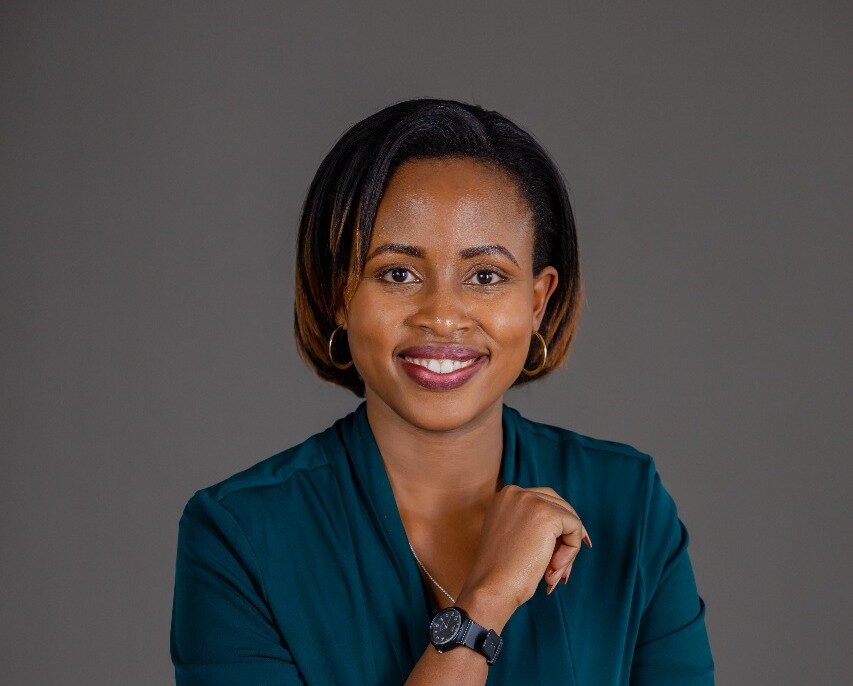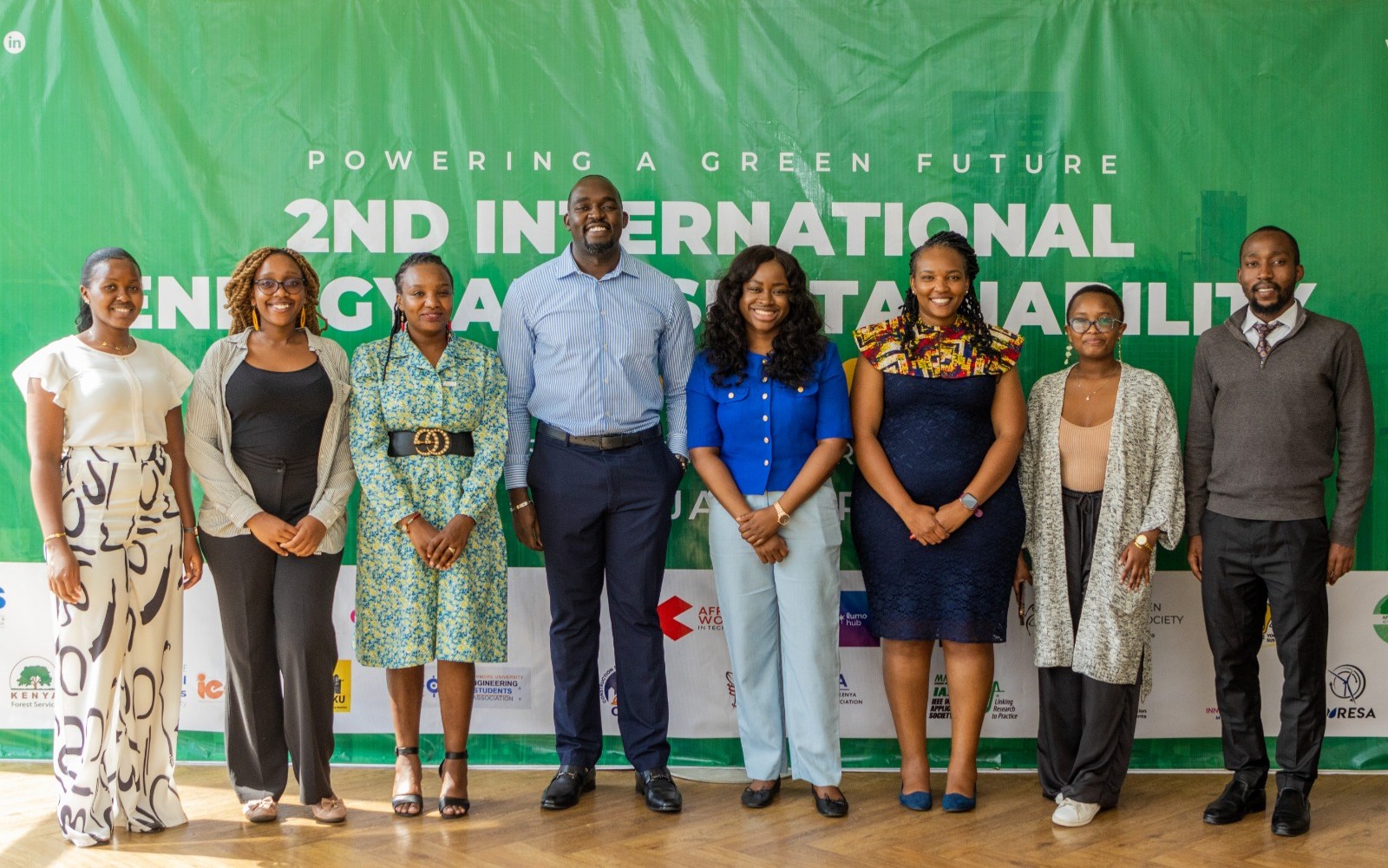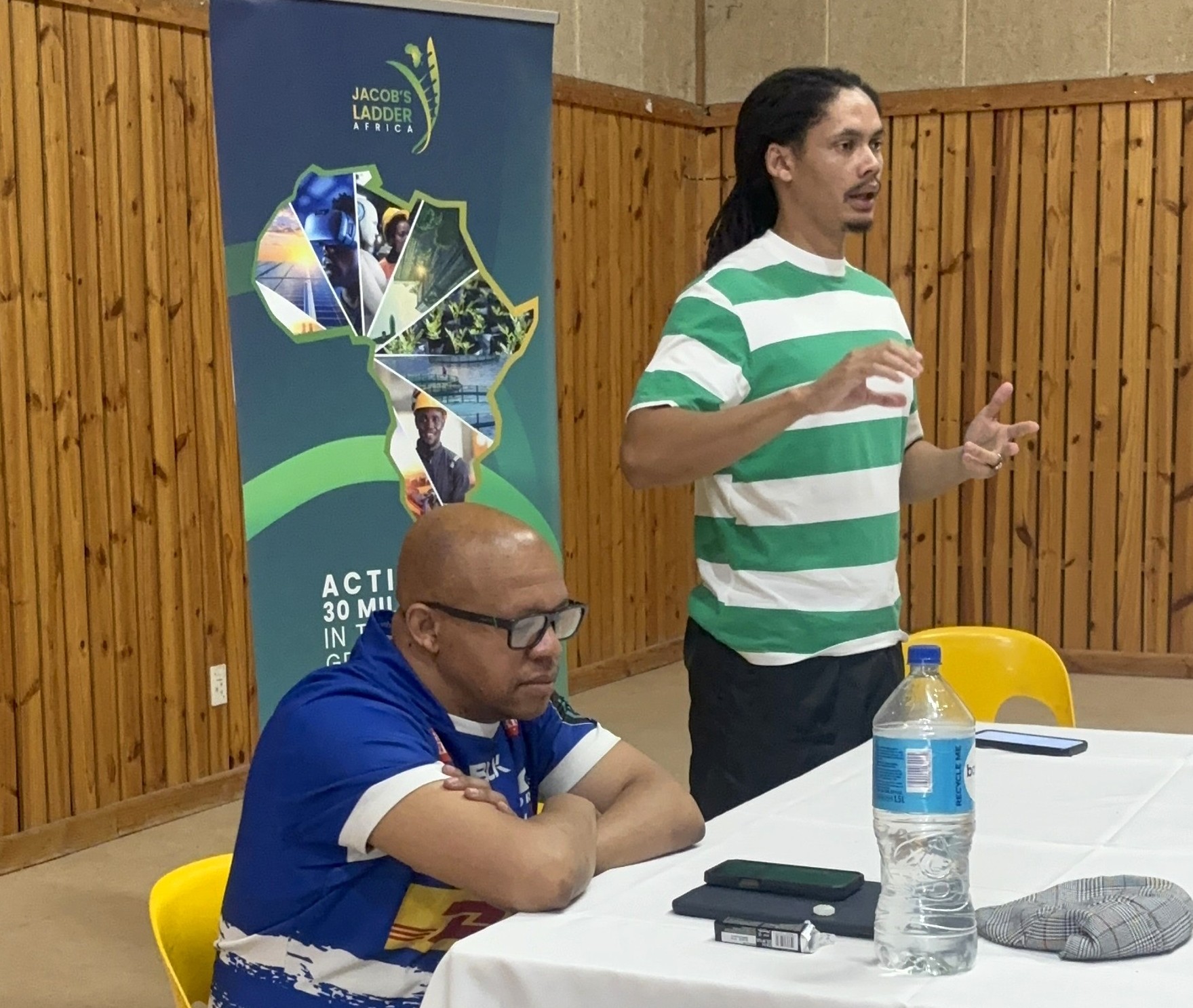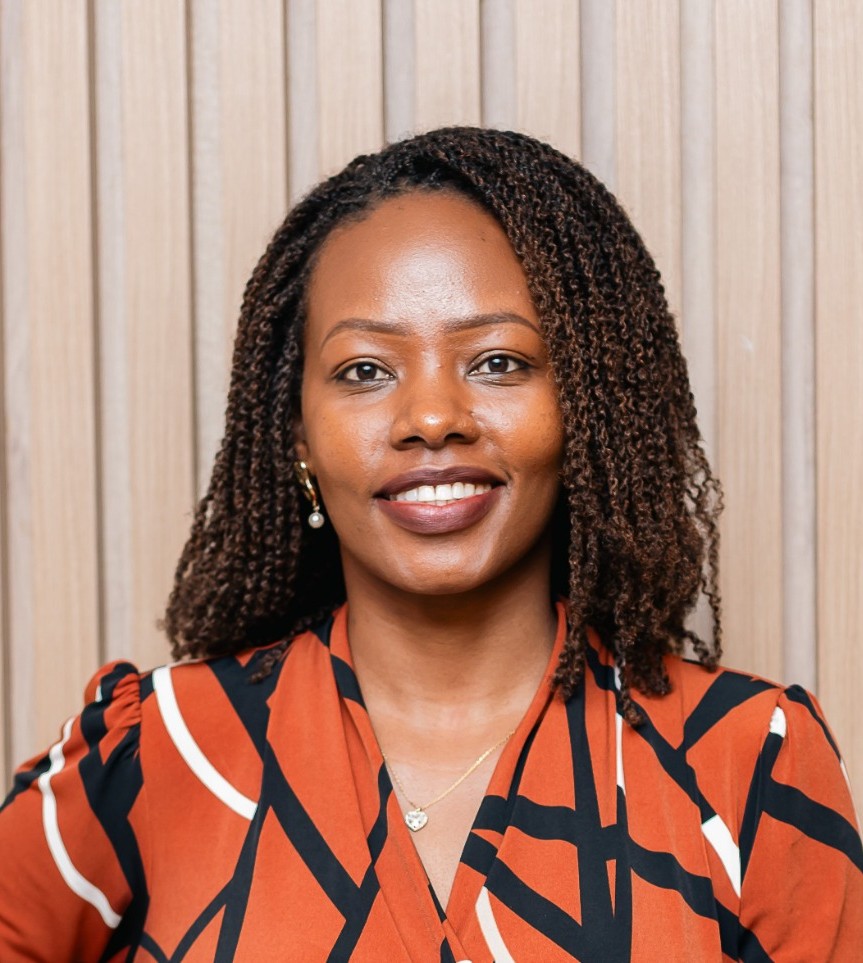When it comes to climate action, the narrative around Africa is all too familiar, with words like vulnerability, dependency, and aid defining the global zeitgeist. Yet beneath this familiar story lies a quieter crisis that’s not merely environmental, but psychological. Africa’s struggle is not only to green its economies, but to decolonize its imagination. She must reckon with how she perceives her own power, agency, and place in the world.
True leadership in the green transition will require more than funding and technology. It will demand a reconfiguration of self-image. She must unlearn dependence, recover her posture of design, and move from the margins of power, sustained by aid, to the center of authorship and creation.
In recent years, climate finance flows to Africa have grown significantly. A 2024 report by Climate Policy Initiative (CPI) and FSD Africa shows that climate-finance flows reached USD 44 billion in 2021/22, up 48% from USD 30 billion in 2019/20. But even this growth fell far short with the same report showing that this amount represented only around 23% of what Africa needs annually to meet its Nationally Determined Contributions (NDCs). While the numbers reflect a fiscal gap, there is also a narrative gap. Africa receives only a small share of global adaptation finance, an estimated 20% of global adaptation flows despite bearing among the highest climate impacts. Meanwhile, Africa holds an estimated 60% of the world’s best solar resources, according to the International Energy Agency (IEA) but its deployment remains minuscule.
What connects these facts is not only a shortage of money or resources, but a mindset. One shaped by aid-dependency and external validation. For decades, development frameworks have framed African countries as beneficiaries of foreign support and set a stage where skill, initiative and ownership are overshadowed by the role of the donor. This narrative becomes self-reinforcing because without belief in one’s agency, finance and resource-endowment alone will not translate into transformation.
Psychologists describe a term called collective self-efficacy as the shared belief among a group that they have the capability to work together to achieve common goals and overcome challenges. When a continent is portrayed primarily as vulnerable, that belief is eroded. Africa may have the solar resources, the youth demographic and the climate stakes, but unless it also believes it can lead, the green transition becomes something done to it, not by it.
Reprogramming this mindset demands structural and symbolic change. Educational curricula must embed not just technical green skills but stories of agency, entrepreneurial success, climate innovation led by Africans and not just imported solutions. Public policy and climate finance instruments must shift language from ‘funding recipients’ to ‘co-creators’, from ‘aid’ to ‘investment in agency’. Private-sector and youth-led ventures must be elevated as standard bearers of the green economy, not exceptions.
In this shift lies the real frontier of climate leadership. When the continent sees itself as capable, the external flows become enablers, not lifelines and then the green transition becomes a story of empowerment, not dependence. Until then, climate finance may continue to fill some gaps, but transform little.






